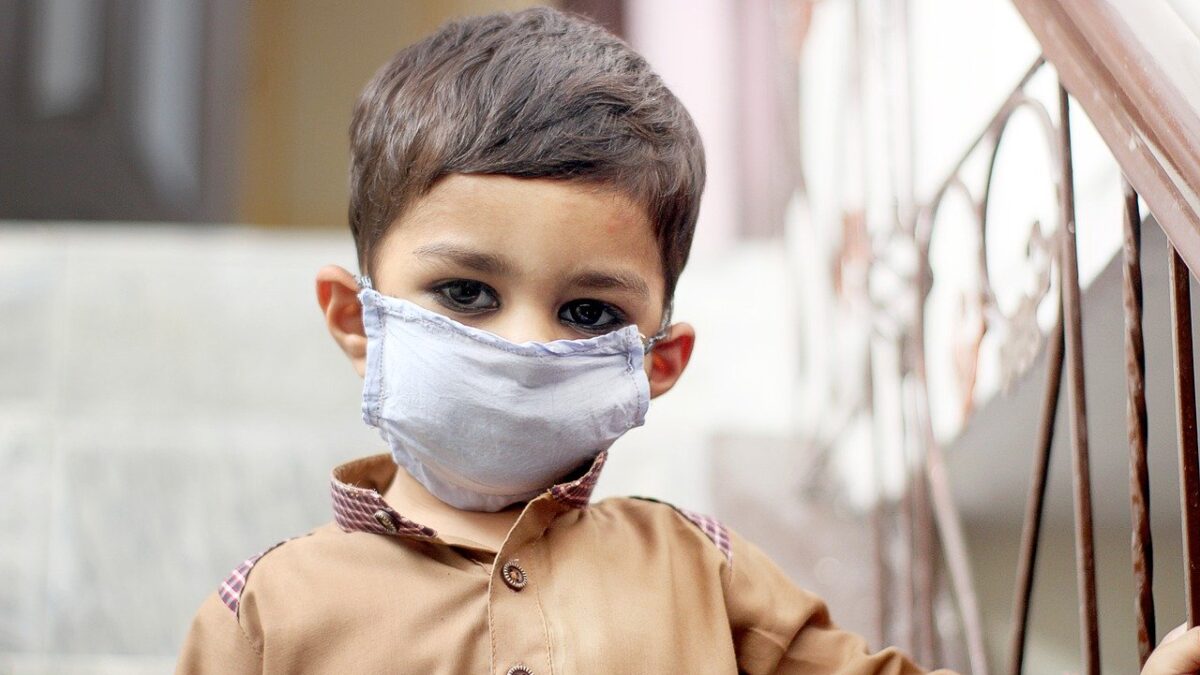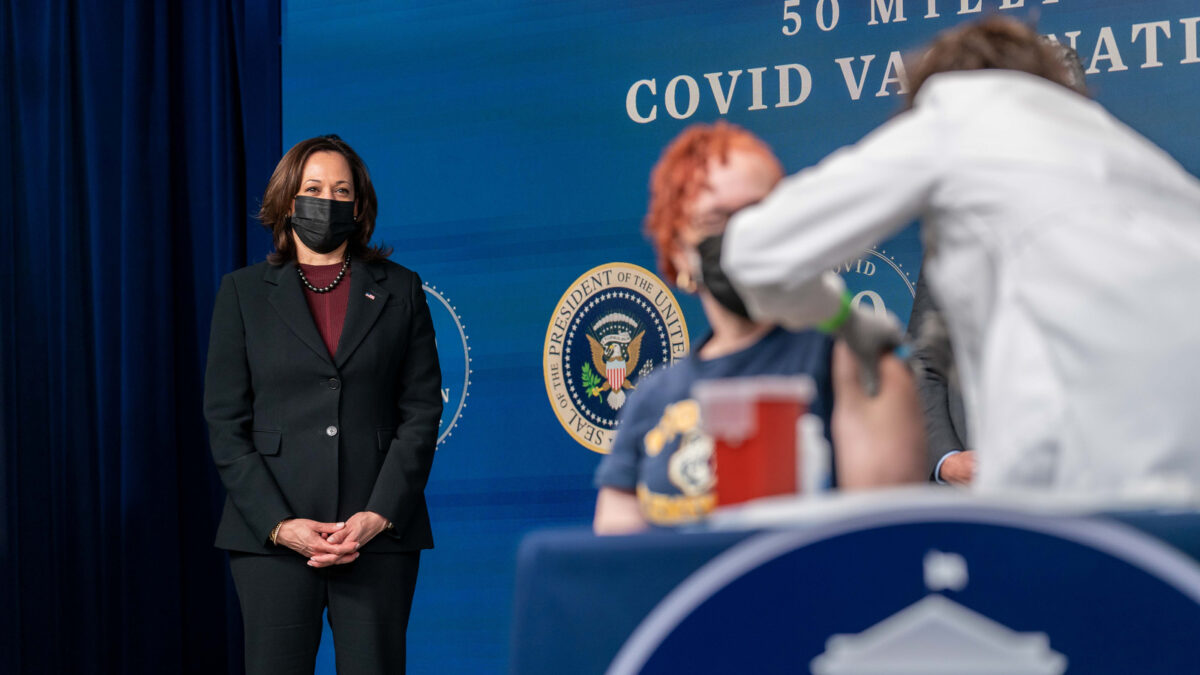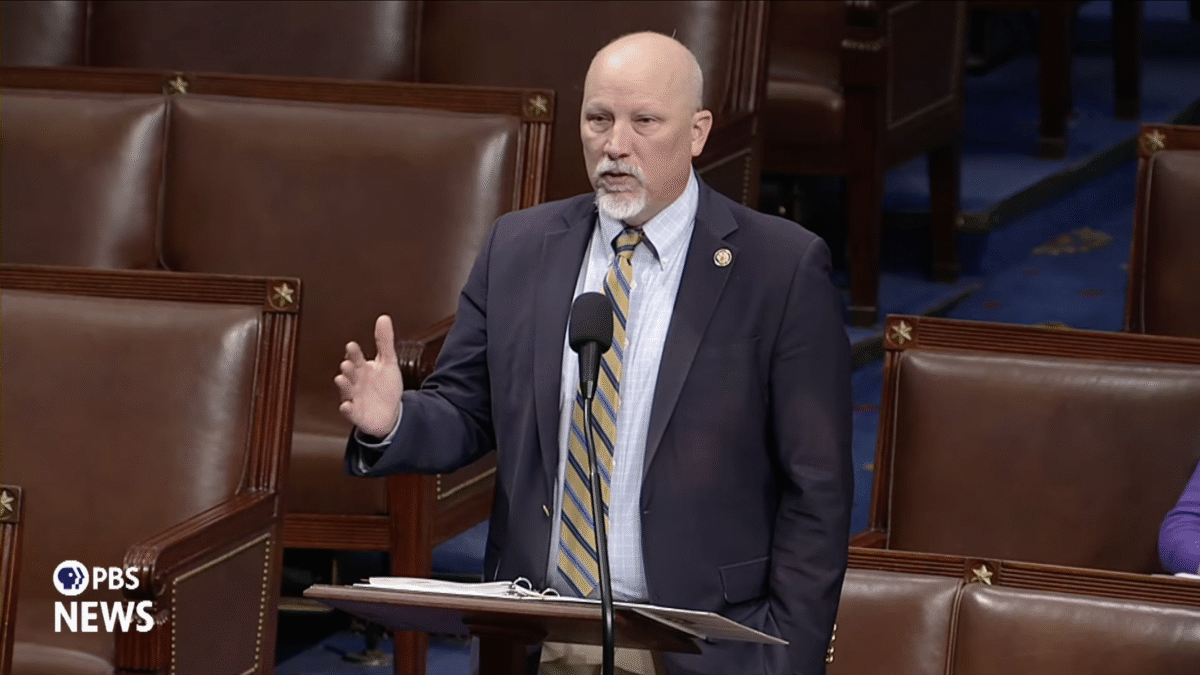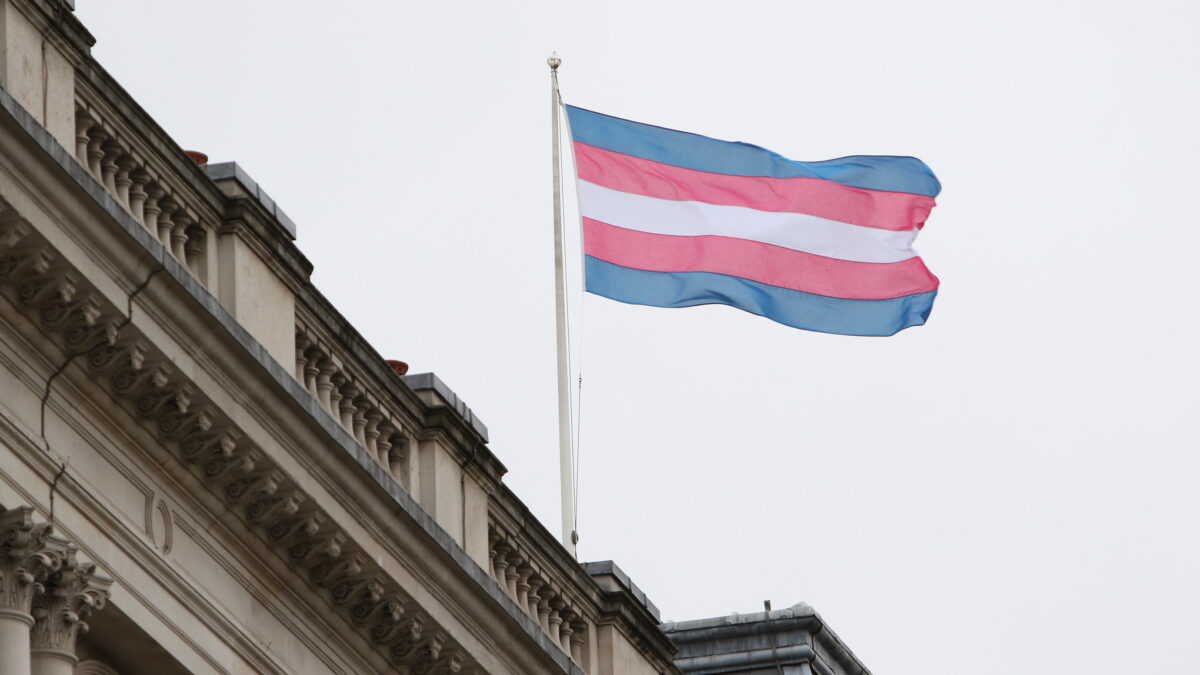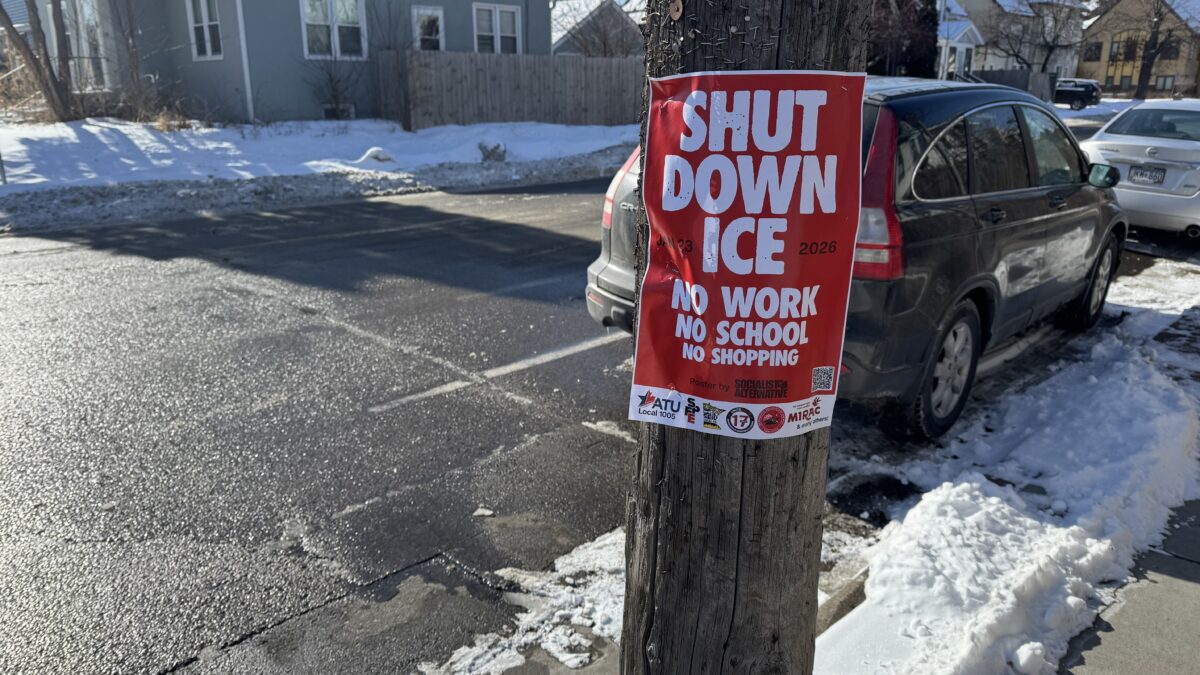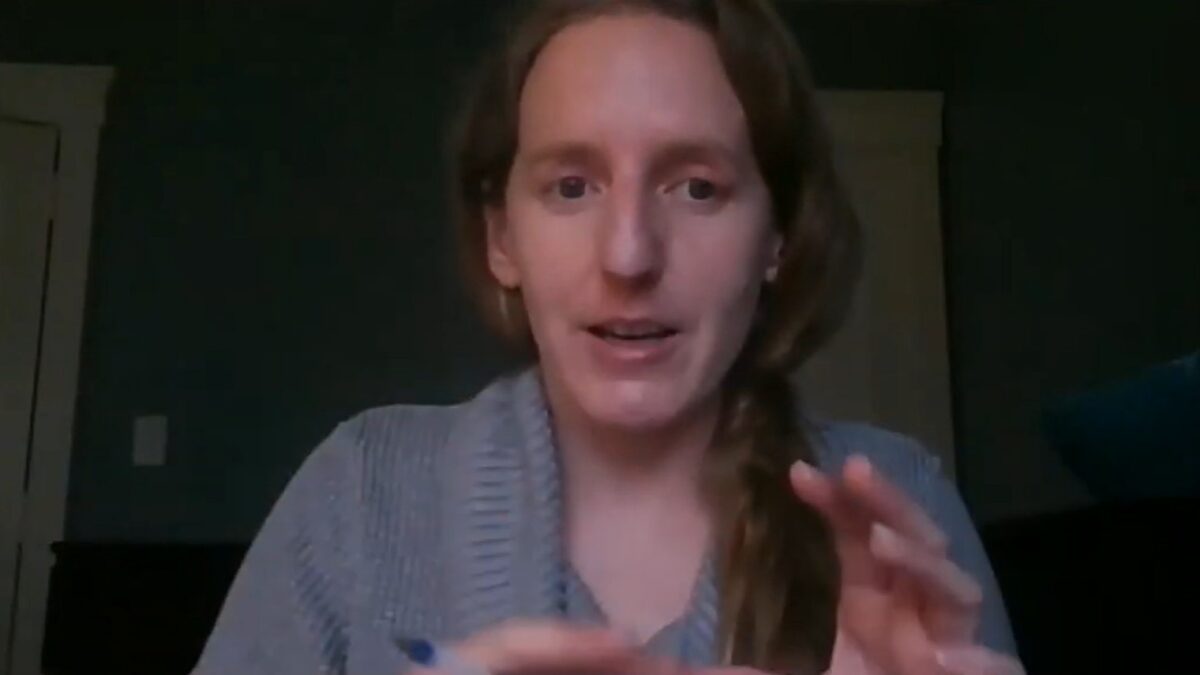WASHINGTON, D.C. — D.C. Mayor Muriel Bowser’s Monday morning turnaround on the city’s Covid lockdown policies was sudden and unexpected.
In its haste — and in who it spared, and who it did not — the decree also served to expose the money-mired confluence of politics, power, and American Covid policy.
The announcement followed public complaints from private business owners facing a third year of ruin and despair, sparing them. It came on the eve of the policies’ hardest impact on key D.C. constituents, sparing them as well.
Most tellingly, however, it failed to spare the city’s schoolchildren. For them, there is no lobby; and so for them, there is no respite.
All Business Is Equal, But Some Is More Equal Than Others
The mayor’s decision to end vaccination requirements and sunset certain mask demands came one week after influential D.C. restauranteur Dan Simons publicly complained on Twitter that the federal city had become an unwelcoming place, where politics overruled a tolerance for those Americans who disagreed on vaccine mandates. The climate, he said, was keeping school children from learning important history here — and driving business to Maryland and Virginia.
Restaurant business in the District is down an estimated 59 percent since January 2019, and men like Simons felt compelled to take a stand for their city. In standing up (if even for a moment), he’d joined Noe Landini, managing director and CEO of REX Management, which also owns restaurants and bars across DC, Maryland, and Virginia.
Landini — an outspoken critic of arbitrary Covid restrictions from the very beginning — had publicly promised not to discriminate against D.C. customers based on their vaccination status, but was forced to comply by the city’s promise of harsh penalties for resistance. His decision to back down spared his businesses the wrath of the city government.
Simons, whose partnership owns four restaurants in D.C., two in Virginia, and one each in Maryland and Pennsylvania, was similarly spared. After an unhinged — and barely factual — backlash from delirious Twitter users, Simons deleted his tweets. But while he and Landini were given some measure of mercy, one D.C. restaurant was in the process of losing its business.
That business was burger-and-beer restaurant Big Board, which had become a cause célèbre after refusing to abide by either mask or vaccine mandates. In the two weeks since its stand, it’s been forcibly closed by the D.C. government.
In announcing Big Board’s “indefinite suspension” of service on Thursday, the city’s alcohol enforcement board claimed their “continued operation places the community at risk and cannot be allowed” — a difficult claim by any measure.
In an ironic twist, the city’s decision to close Big Board was posted Monday — the same day the sunset of restaurant rules was announced by the mayor. By the letter of the announcement, they might be allowed to reopen when the Covid orders sunset in two more weeks — plus a month of unemployment, and sans a month of much-needed business.
All Citizens Are Equal, But Some Were More Equal Than Others
The vaccine mandate itself had been in effect one month — and had been instated when citywide cases were already in decline. While popular with the white liberals who are often the shrillest voice in the city’s politics, bans on unvaccinated customers hit black voters hardest.
Feb. 14 — the day the order was repealed on a single day’s notice — is the day before the enforcement of two vaccination shots went into effect. This shift would have affected the city’s black residents far more than its white residents, barring more than 55 percent of them from indoor dining, swimming, exercise, and entertainment.
While white liberals may hold the megaphone in D.C., black voters make up more than 45 percent of the population and are a powerful voting bloc. This discrimination against black business, combined with rising violent crime, had pushed Republican Minority Leader Kevin McCarthy to join a rising chorus of lawmakers threatening to replace the federal district’s mayor with congressional control when they come into power (likely in one year).
Even beyond self-preservation, the mayor’s sudden decision also fit into the national political scene, coming just a week after Democratic governors across the country began to retreat from years of restrictions, claiming “victory over Covid” (although the statistics show it was a far more politically informed decision than a medically informed one). Politically charged science is grand and all, but in the fight between the two: politics über alles.
All ‘Science’ Is Equal, But Some Is More Equal Than Others
While both voters and businesses have seemingly been heard loud and clear, one group remains noticeably absent from any sight of relief: children.
“On March 1,” the mayor’s order reads, masks STILL will be required at… schools.”
The meaning is clear: While one of the first things the world learned about Covid was that its effect on children is minimal — and despite years of evidence that masking is detrimental to both their learning and social development — the mandates remain.
Social media is replete with videos and images of abuse, tears, and insanity in pursuit of the policy, but still — two whole years in — teachers’ unions demand it.
While in nearby Virginia parents formed a political bloc to defeat the teachers union’s governor, and in faraway San Francisco, parents have powered a recall of union allies on the city school board, by and large, school children don’t have an organized voice in American politics.
Teachers do, of course: They’re vested, entrenched, and in control, claiming to represent the interests of school districts while in reality, organizing against the parents who resist them — and the children they’re entrusted with.
It’s a harsh reality; one of the many money-mired confluences of politics and power that American Covid policy has laid bare. Children have no organized representation in American politics, and because of this, have suffered the most.
There are two more realities as well, however.
First, parents can change this; and when they do, not even the howls of the unions and their allies can stop them.
Second: They have no choice; our school children need them.
